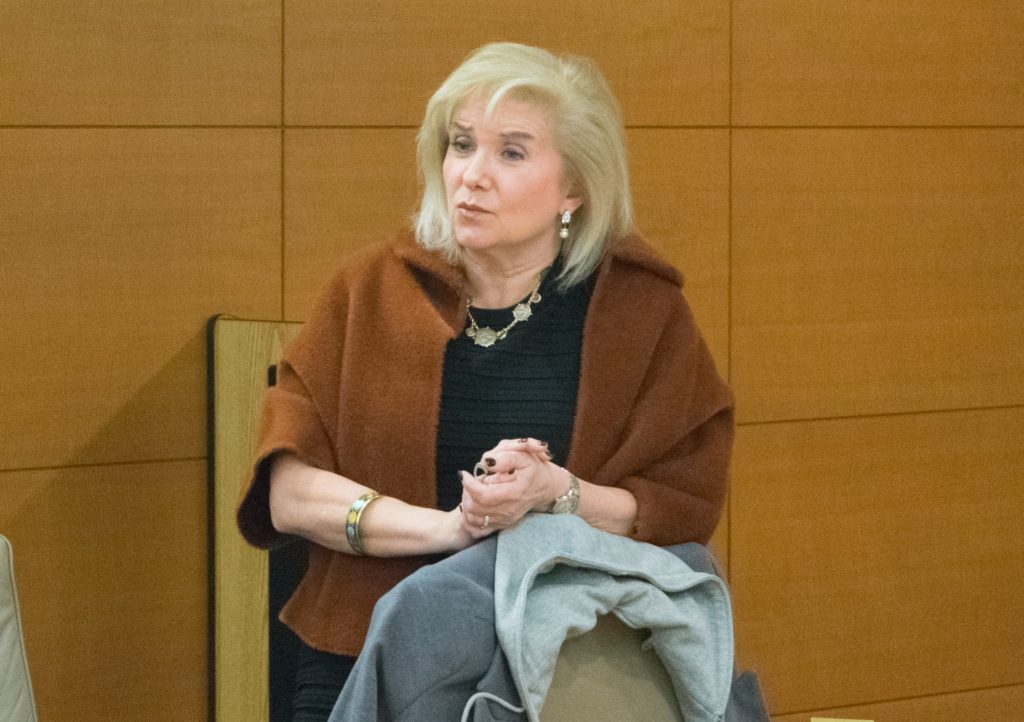Brooklyn’s problem-solving courts experience a smooth reopening

Photo: Rob Abruzzese/Brooklyn Eagle
New York City’s problem-solving courts reopened on May 4, and Administrative Judge Matthew D’Emic told the Brooklyn Eagle that his judges have not only gone back to work, but the first two weeks of reopening went smoothly.
“We have been expanding our virtual calendars since permission was given by [Chief Administrative Judge Lawrence] Marks,” said Justice D’Emic, administrative judge of the Kings County Supreme Court, Criminal Term.
In Brooklyn, the problem-solving courts include the Integrated Domestic Violence Court; the Mental Health Court, where Justice D’Emic sits; the Treatment Court; and the Domestic Violence Court. The idea behind these courts is to provide defendants with a holistic approach to their rehabilitation under a single judge.

Brooklyn Boro
View MoreNew York City’s most populous borough, Brooklyn, is home to nearly 2.6 million residents. If Brooklyn were an independent city it would be the fourth largest city in the United States. While Brooklyn has become the epitome of ‘cool and hip’ in recent years, for those that were born here, raised families here and improved communities over the years, Brooklyn has never been ‘uncool’.